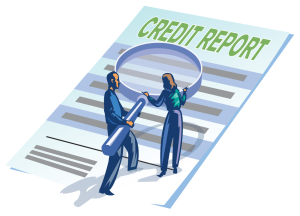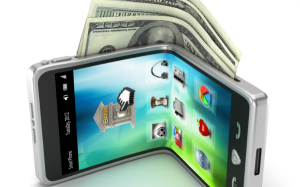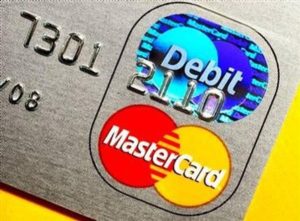 Today’s top story: Helping after a disaster: will your insurance protect you? Also in the news: How to prevent credit card photo-bombs on your social media, Millennials are falling for young stocks, and how to lift or cancel a credit freeze.
Today’s top story: Helping after a disaster: will your insurance protect you? Also in the news: How to prevent credit card photo-bombs on your social media, Millennials are falling for young stocks, and how to lift or cancel a credit freeze.
Helping After a Disaster: Will Your Insurance Protect You?
What you need to know.
Prevent Credit Card Photo-Bombs on Your Social Media
Don’t overshare.
Millennials Are Falling for Young Stocks. Will It End in Tears?
Picking trendy stocks?
How to Lift or Cancel a Credit Freeze
Important info post-Equifax breach.
 Today’s top story: Equifax messed up – who pays? You do. Also in the news: 5 foolproof ways to build wealth without a lottery ticket, 3 ways to score after iPhone 8 and iPhone X release, and your ‘money personality’ is first step to financial freedom.
Today’s top story: Equifax messed up – who pays? You do. Also in the news: 5 foolproof ways to build wealth without a lottery ticket, 3 ways to score after iPhone 8 and iPhone X release, and your ‘money personality’ is first step to financial freedom. Today’s top story: How a public adjuster can help with hurricane insurance claims. Also in the news: How to choose a student credit card, how millennials got a 6-figure start on retirement saving, and Equifax is waiving their credit-freeze fees.
Today’s top story: How a public adjuster can help with hurricane insurance claims. Also in the news: How to choose a student credit card, how millennials got a 6-figure start on retirement saving, and Equifax is waiving their credit-freeze fees. Today’s top story: How 3 people conquered credit trouble and bought homes. Also in the news: Top 10 apps for buying the right car at the right time, biting on Whole Foods new prices, and 6 Equifax hack rumors fact-checked.
Today’s top story: How 3 people conquered credit trouble and bought homes. Also in the news: Top 10 apps for buying the right car at the right time, biting on Whole Foods new prices, and 6 Equifax hack rumors fact-checked. Yesterday Equifax broke the news hackers gained access to the Social Security numbers and other sensitive personal information for 143 million Americans (a group that apparently includes me, my husband, our daughter and probably you).
Yesterday Equifax broke the news hackers gained access to the Social Security numbers and other sensitive personal information for 143 million Americans (a group that apparently includes me, my husband, our daughter and probably you). Today’s top story: Americans favor debit over credit for their go-to card. Also in the news: How to choose a cash-back credit card, how to get an SBA disaster loan for your business, and the costly mistake people make when using debit cards.
Today’s top story: Americans favor debit over credit for their go-to card. Also in the news: How to choose a cash-back credit card, how to get an SBA disaster loan for your business, and the costly mistake people make when using debit cards. Today’s top story: 10-word answers to your biggest hurricane insurance questions. Also in the news: How to prepare before a hurricane hits, ditching debt when you’re newly single, and how to bring up money for the first time.
Today’s top story: 10-word answers to your biggest hurricane insurance questions. Also in the news: How to prepare before a hurricane hits, ditching debt when you’re newly single, and how to bring up money for the first time. Today’s top story: 5 things debt collectors can’t do – and 5 they can. Also in the news: The pros and cons of dropshipping, protecting intellectual property, and how to choose a rewards credit card.
Today’s top story: 5 things debt collectors can’t do – and 5 they can. Also in the news: The pros and cons of dropshipping, protecting intellectual property, and how to choose a rewards credit card.